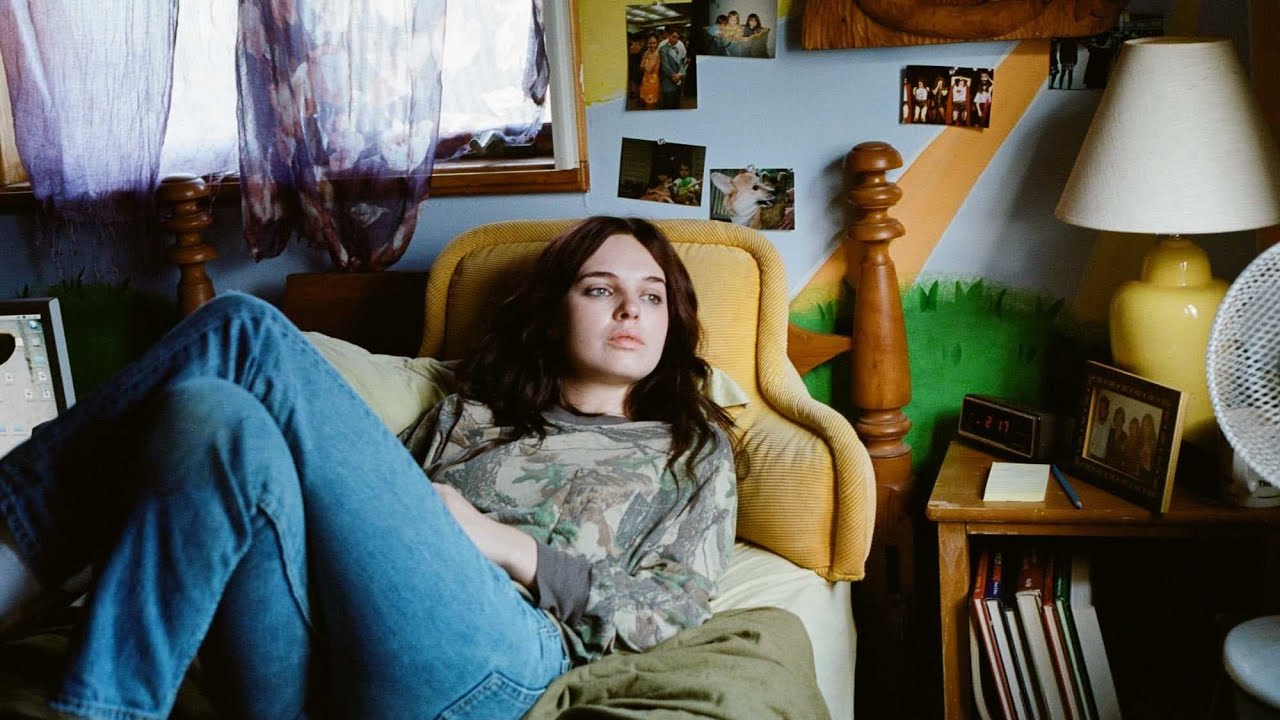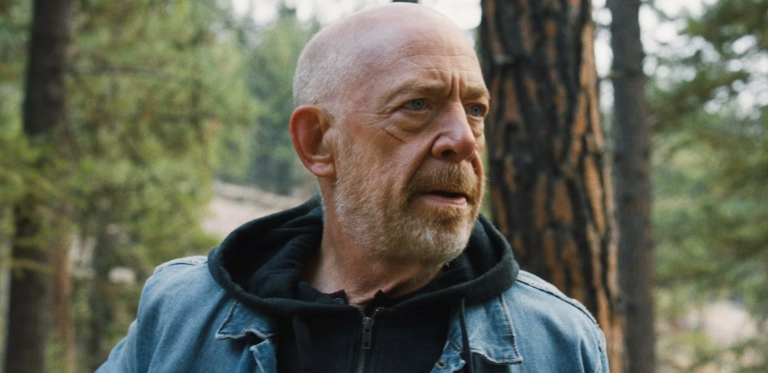What happens when the making of a film becomes more compelling than the film itself? – The question haunts Zia Anger’s “My First Film.” There are very few times we see female filmmakers making films about female filmmakers. The film is so raw in its approach, so modern and intimate that it feels less like cinema and more like a confession. It brought me to tears and drew me through rage in equal measure. It is made for every young filmmaker who cannot make a film, for everyone who has ever stared at the wreckage of their artistic ambitions and wondered if the cost was worth paying.
Since watching it, the film has remained lodged in my head, and I needed to write to make my thoughts about it clear. I have been thinking about this film, about the particular way it refuses easy categorization, and about how certain projects insist on existing despite—or perhaps because of—their fundamental impossibility. Anger’s 2024 feature, co-written with Billy Feldman, is semi-autobiographical, starring Odessa Young as Vita, a young filmmaker who recounts the struggle to make her first feature film. But calling it simply a film about filmmaking would be like calling “The Year of Magical Thinking” a book about grief—accurate but insufficient.
The project began as performance art at New York’s Spectacle Theater in 2018, where Anger presented her abandoned work using TextEdit commentary on a laptop. That original intimacy persists in this expanded version, creating something that feels both confessional and constructed, documentary and fiction, performance and cinema.
Anger’s mixed-media approach becomes essential to the film’s emotional architecture. The work seamlessly weaves together traditional narrative filmmaking with iPhone footage, performance art elements, and digital interfaces that feel native to contemporary experience. Instagram stories bleed into dramatic scenes, while TextEdit documents become confessional spaces that mirror our own digital vulnerability.
This multimedia collage doesn’t feel gimmicky but necessary—a reflection of how we actually construct and deconstruct our identities across platforms and formats. The approach explores the possibility that modern storytelling requires multiple languages to capture the fragmented nature of contemporary existence, particularly for young artists navigating both digital and analog forms of creative expression.

“I don’t feel female, until someone tells me,” Vita says, and this becomes the film’s organizing principle. She attempts to make a semi-autobiographical film starring her friend Dina as Anne Marie, a character who cares for her dying father, becomes pregnant, searches for her abandoned mother, and then returns to give birth to herself.
The recursive quality is deliberate: autobiography within autobiography, reality folded into fiction and back again. Vita’s real life both mirrors and diverges from her fictional creation. She has two mothers. Her father is sick but not dying. She has had two abortions. The gap between her lived experience and imagined narrative is deliberate. It’s here that the meaning unfolds.
What follows is chaos in the name of artistic vision. Vita’s crew drinks and gets high. An unwanted risk of pregnancy requires a morning-after pill, adding one more crisis to an impossible schedule. An actor drives drunk and crashes. Zia Anger mixes reality and fiction with calculated recklessness. Vita is clearly Anger, but so is Anne Marie.
The boundaries dissolve because dissolution is the point. Near the end, Vita breaks off from her character, entirely, asking Zia directly: “What happens next?” Zia hugs her. We see a long take of Anger walking on the set of this very film, “My First Film”. Yes, she finally made her film; an artist, a filmmaker eventually learns, adapts, finds her space and people, and makes the film.
The film carries on with female problems as promised, as if to answer its own questions. When Vita’s boyfriend questions why she takes her work so seriously—suggesting she could be a mother instead—she breaks up with him. Anne Marie gives birth to herself; Vita chooses abortion. The metaphor is not subtle because subtlety would diminish its power. The final scene presents Vita’s abortion through mime rather than realism. The gesture leaves us to imagine, and the gap between seeing and the choice of looking that Zia played with throughout is finally completed.
Odessa Young delivers a performance that can only be called fearless, capturing both the manic energy and destructive naivety of someone convinced of her own artistic importance. She makes Vita simultaneously sympathetic and insufferable, which is precisely what the role demands. “My First Film” succeeds in holding up what might be called a raw mirror to female experience in art. It suggests that being female should be sufficient in itself—that artistic ambition is not a deviation from womanhood but an expression of it.
As someone positioned similarly—a female filmmaker questioning the foundations of her own ambition—I relate to the particular vertigo this film captures. “Why is it that I am the only one this has happened to?” Vita asks repeatedly. And Zia answers: It happens to a lot of people. Though the film dares me to hope in my filmmaking journey, I must admit that it comes with its own limitations. The film’s limitations become apparent when viewed through different cultural lenses.
Vita’s struggles, while authentic, carry the weight of particular privileges that may not translate universally. The film reeks of the issues and miseries of the First World. Her chaos is a luxury not everyone can afford. But, I believe it is a burden the film did not want to bear. It was always an ode to Zia’s younger self and to every female filmmaker—those who walked before her, those who will walk after, those who need hope to carry on.


![Sorry To Bother You [2018]: ‘MAMI’ Review – An Inventive and Original Screwball Comedy](https://79468c92.delivery.rocketcdn.me/wp-content/uploads/2018/11/714047-sorry-to-bother-you-768x432.jpg)


![Marlina the Murderer in Four Acts [2017]: ‘TIFF’ Review](https://79468c92.delivery.rocketcdn.me/wp-content/uploads/2017/09/TIFF_HIGH_ON_FILMS_marlinathemurdererinfouracts_04-768x384.jpg)